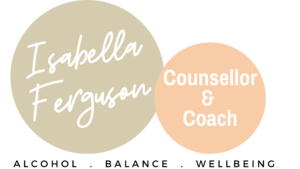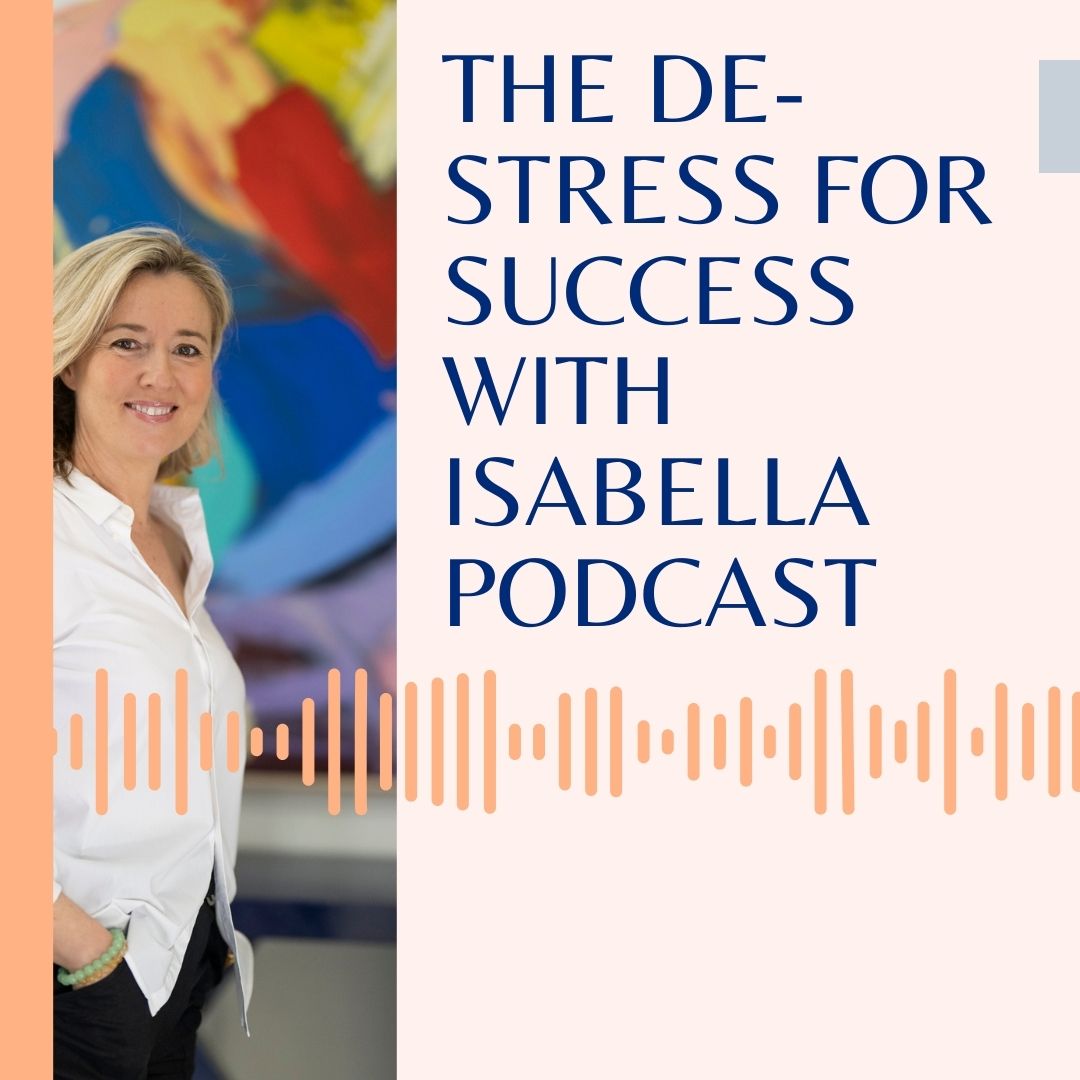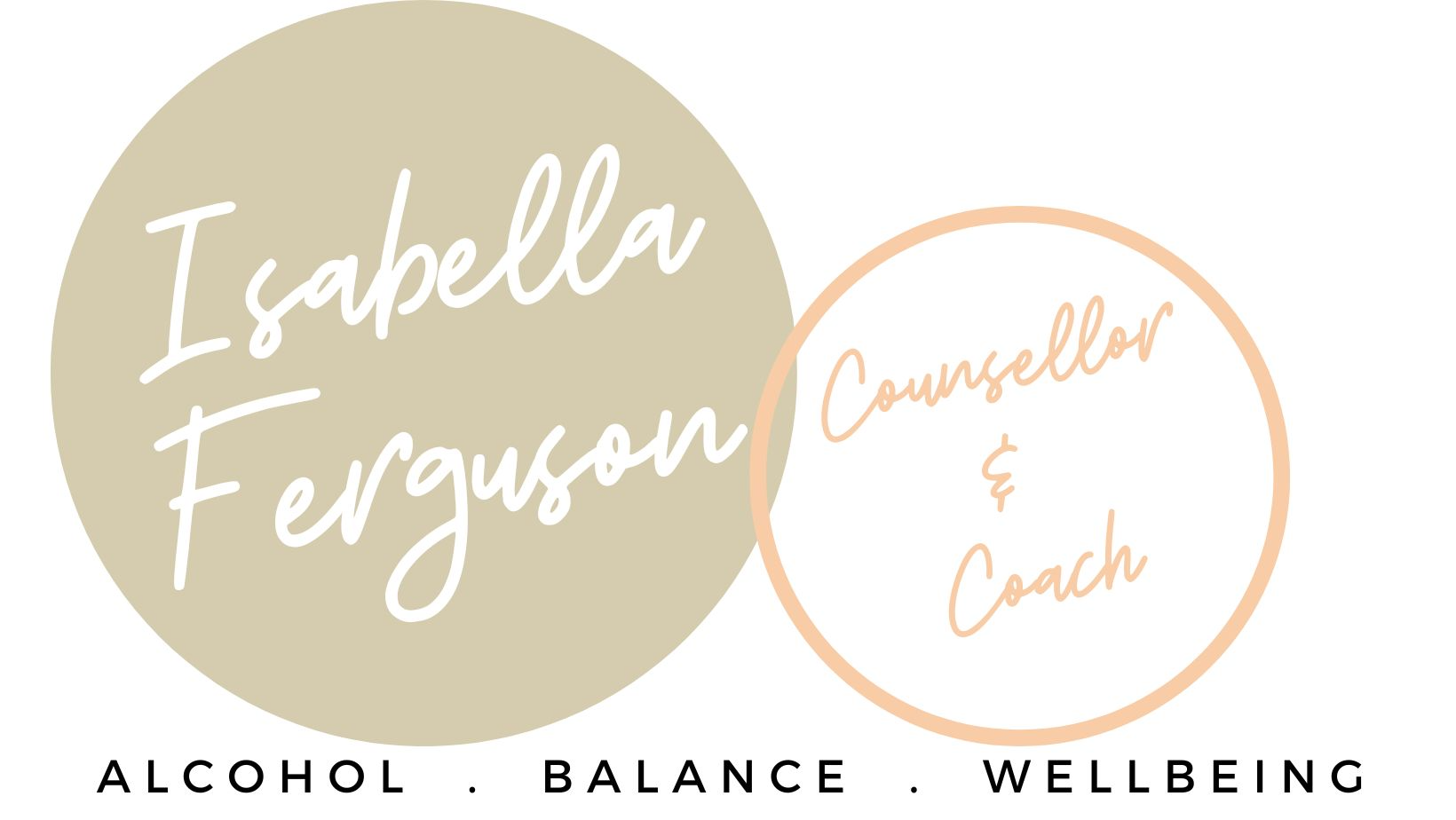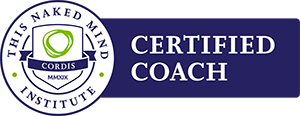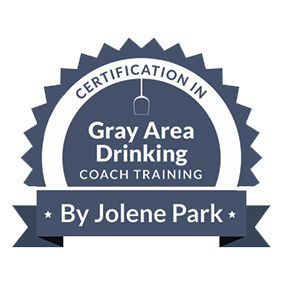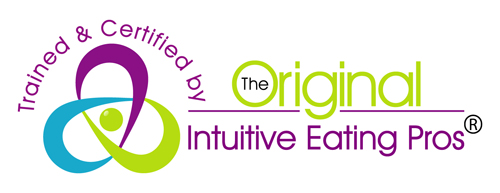Making Informed Choices: The Truth About Alcohol and Stress
Alcohol is often seen as a stress reliever, a soothing elixir to wash away the pressures of the day. But how accurate is this belief? In my latest podcast episode of De-Stress For Success, we delve into the complex, and often paradoxical, relationship between alcohol and stress.
We begin by exploring the physiological effects of alcohol on our bodies. Despite its initial calming effects, alcohol can exacerbate stress levels. This paradox is attributed to the complex interplay of neurotransmitters and hormones in our bodies. Initially, alcohol triggers the release of dopamine in the brain, leading to feelings of pleasure and reward. However, this initial relief is short-lived. As the dopamine levels decrease, the body releases stress hormones such as adrenaline and cortisol, leading to increased stress and restlessness.
Regular and heavy drinking can disrupt the body’s hormonal balance, causing the release of stress hormones even in anticipation of alcohol. This contributes to heightened anxiety and sensitivity to stress, leading to a vicious cycle where alcohol is sought as a means of escape, but which ironically contributes to the very stress you’re trying to escape from.
We also delve into the psychological implications of using alcohol as a coping mechanism. When alcohol is relied upon to relieve stress, it can stifle the development of healthier stress management strategies. This can lead to psychological dependence and a cycle of escalating stress and alcohol consumption.
Alcohol’s impact on our mood and sleep patterns further complicates its relationship with stress. While alcohol may facilitate falling asleep initially, it disrupts the later stages of sleep, leading to poorer sleep quality overall. This lack of restorative sleep contributes to higher stress levels. The neurochemical effects of alcohol can also amplify negative emotions and thoughts, leading to increased feelings of anxiety and depression when the effects of alcohol diminish.
Moreover, consistent, regular to heavy alcohol consumption can lead to various physical health problems such as liver damage, cardiovascular issues, weakened immune system, and even an increased risk of certain types of cancer. These health concerns can trigger stress and anxiety, further exacerbating the cycle of stress and alcohol consumption.
However, the purpose of this episode is not to advocate for absolute sobriety (although congratulations if this is where you are at or your goal!), but to provide listeners with the knowledge and understanding to make more informed choices about alcohol’s role in their lives. It’s an invitation to re-evaluate your relationship with alcohol and stress, to move from merely surviving to truly thriving.
The key takeaway is the need to explore healthier coping mechanisms for stress. Exercise, mindfulness, and deep breathing are just a few examples of strategies that can break the stress cycle without the negative effects associated with alcohol.
In conclusion, the relationship between alcohol and stress is complex and multi-faceted. While alcohol may seem like a quick fix to stress, its long-term effects can exacerbate stress levels and lead to a host of other health issues. By understanding the true impact of alcohol on our bodies and minds, we can make informed choices that contribute to our overall well-being.
